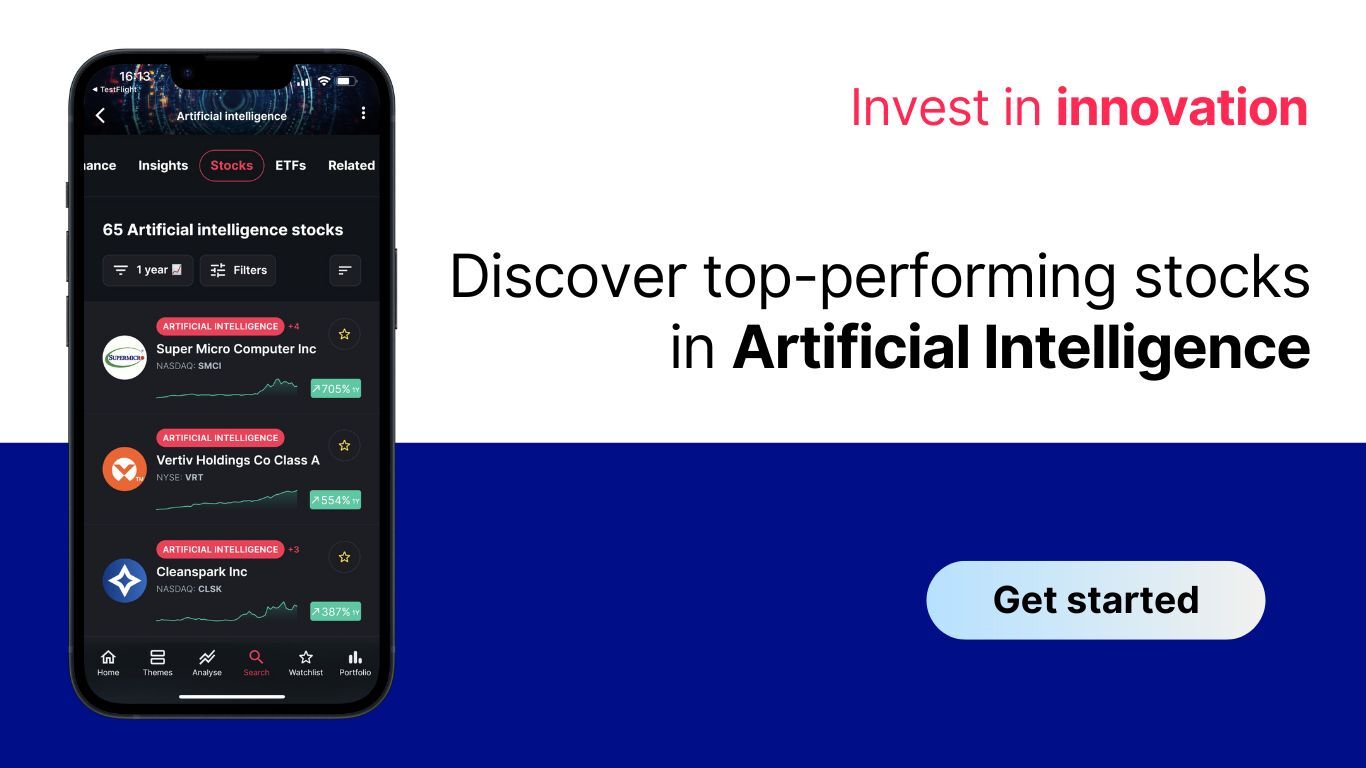Miriam McLemore, Enterprise Strategist at AWS, tells OPTO Sessions how she advises companies to implement their generative AI strategies with an emphasis on security. She also explains how the technology is driving audience experience in two of her favourite sports.
Miriam McLemore is Enterprise Strategist at Amazon [AMZN] Web Services (AWS).
Prior to this position, McLemore served as Chief Information Officer at Coca-Cola [KO], where she spent 25 years. Her role at the beverage conglomerate involved building partnerships with other businesses such as Adobe [ADBE], AWS, Meta Platforms [META] and Alphabet [GOOGL] as part of Coca-Cola’s marketing strategy.
This led her to work with AWS as a partner, particularly in ensuring the security of the technology that accompanied these initiatives. McLemore explains to OPTO Sessions that, during that time, she had to persuade Coca-Cola’s executive team that cloud was safe and secure.
Now, she is involved in advocating cloud adoption to other large multinationals.
“What they’re looking for is speed to market and time to value,” she says of her clientele.
AI Grown Up
Artificial intelligence (AI) is maturing quickly, both as a technology and in its use cases. McLemore sees variability in the degree of maturity with which companies approach it, and that the best firms have refined their focus with AI since last year.
“2023 was a year of learning and experimentation, lots of proof of concepts, lots of letting people play and experiment. What I’m seeing now is companies actually working hard to build a clear strategy,” she says.
A large part of her role is educating decision-makers. “They have learned, and seen in the news, some of the security risks and challenges. We work very closely with executive teams to educate them. Digital fluency is so important: they need to know the questions to ask and the answers that they should be hearing.”
For McLemore, companies that wish to find success with AI first need to ensure their cloud infrastructure is in place.
“The people who are already in cloud are going to go faster. They’ve solved that problem: they can integrate data,” she says.
An Industrial Powerhouse
“It’s interesting, because it’s everybody,” says McLemore of AI’s adoption across industries.
Healthcare is one sector that has seen clear benefits. AWS’ Generative AI Accelerator provides support and resources for AI start-ups; two of those, Vevo and Nosis Bio, have developed novel solutions to challenges within healthcare and life sciences using generative AI.
Vevo takes data from disease models and analyses it with AI to discover and improve upon both drugs and their targets. Using AI, researchers can factor in the context-dependent nature of gene function to create the world’s first atlas of gene function in disease-relevant contexts.
Nosis combines deep learning, generative AI and biochemistry to develop what it calls a new class of molecules, known as ‘targeted delivery vehicles’. These molecules can localise a treatment to the source of a disease, minimising complications and offering potential therapies for previously untreatable conditions.
Another industry where AI is making an impact is sports entertainment, and both audiences and competitors are benefitting from improved experiences.
“It’s interesting, because it’s everybody."
McLemore provides one example of how the Professional Golfers’ Association is harnessing AI at its live events. “When you’re at a golf tournament, and there’s this loud roar across the way, but you have no idea what happened, having the tour app with its ‘roar’ button allows you to see what just happened there.”
Similarly, AWS has worked with Formula 1 to build AI-driven dashboards that, based on millions of data points gathered per second, tell audiences and race teams critical race information, such as when a particular driver ought to make their next pit stop, in real time.
Considerations for Generative AI
Generative AI is not a plug-and-play technology when it comes to enterprise use cases. There are additional considerations and risk factors executives need to consider when developing and executing their AI strategy.
Chief among these is the importance of data security. “At Amazon, our approach is ‘security first’ with everything that we do with cloud, and certainly with generative AI,” says McLemore.
This emphasis on security pervades other considerations around implementing a generative AI strategy, such as creating a moat using proprietary data.
When it comes to her enterprise clients, McLemore recommends “having your data secured and not sending your data out to train generally available models that are then leveraged by your competitors”. In this way, businesses can “maintain their uniqueness”.
Bedrock, AWS’ service that allows companies to build their own generative AI applications, is a key tool for customers on this front. McLemore mentions that Bedrock is used by the likes of Bridgewater Associates to create assistant tools for their investment analysts, in part because its technical architecture offers the level of data privacy and security that such companies need.
Overall, McLemore advocates her clients start with business problems — a central tenet of how Amazon staff approach their work — and work backwards from there to find a starting point.
She warns, however, that “caution is needed” in light of AI hallucinations and biases inherent in the technology.
“English is the primary training language for all of these models — that creates some cultural biases right there.”
However, McLemore still believes the technology will have a transformative impact on businesses over the long term.
“Generative AI allows you to see things that you didn’t know were opportunities or risks if you bring the right data together. All of us are going to keep learning; somebody’s going to do something else cool, and we’re all going to dive in and see if it’s real or a dead-end.”
“It’s going to be a great and exciting time."
Continue reading for FREE
- Includes free newsletter updates, unsubscribe anytime. Privacy policy



